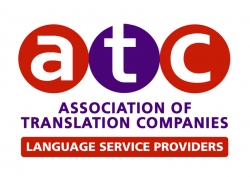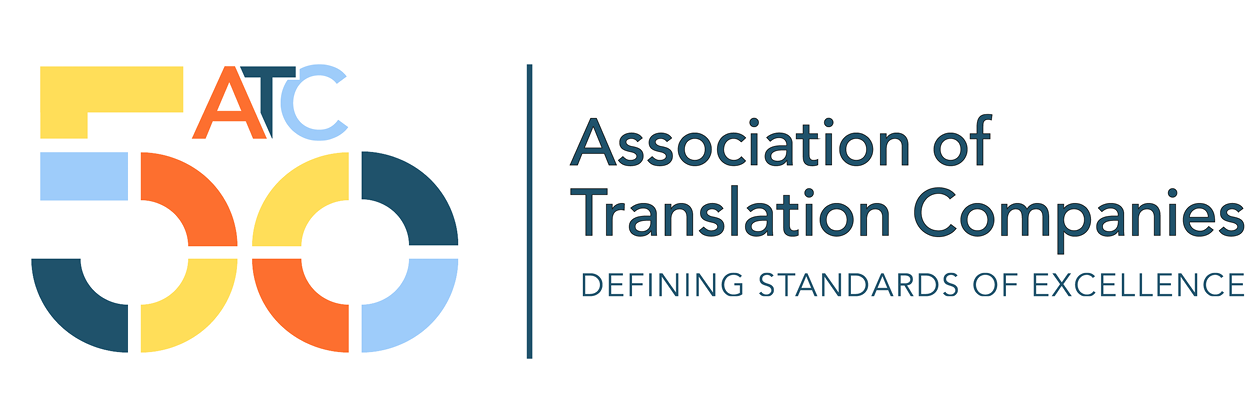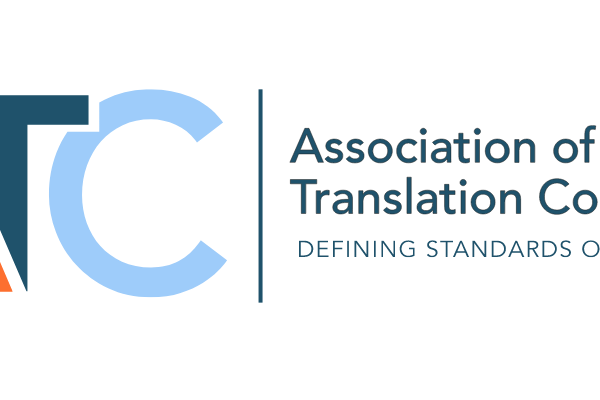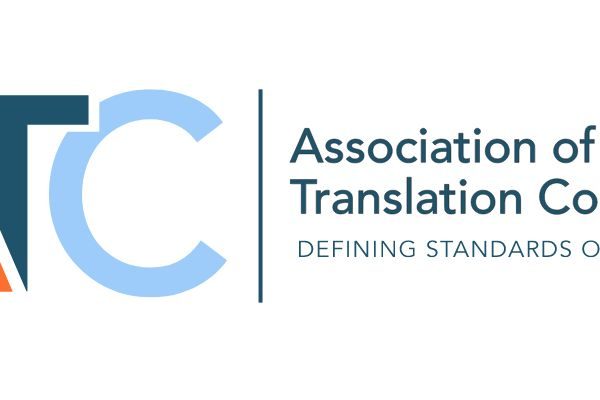Welcome to the ATC ISO Newsletter! In this newsletter, we focus on emerging ISO standards…

With formal Brexit negotiations set to commence this week, two of the UK’s leading professional language bodies have added their voices to the many from across the business community, pleading directly to the government to prioritise securing the future of 3.3 million EU citizens living and working in the UK.
With formal Brexit negotiations set to commence this week, two of the UK’s leading professional language bodies have added their voices to the many from across the business community, pleading directly to the government to prioritise securing the future of 3.3 million EU citizens living and working in the UK.
The on-going success of the UK’s language industry is heavily dependent on mother-tongue linguists, many of whom are EU nationals living and working in Great Britain.
With the government having repeatedly refused to guarantee the status of EU nationals since last year’s referendum, the Association of Translation Companies (ATC) and the Institute of Translation & Interpreting (ITI) are calling on the Prime Minister to do what is morally right now, and make securing their future the top priority when negotiations start.
Geoffrey Bowden, General Secretary for the ATC comments: “Ours is a sector heavily reliant on mother-tongue linguists for translation and interpreting. Many thousands of those EU professionals are resident and paying taxes in the UK but, to date, the Prime Minister appears to have simply been paying lip service to guaranteeing their future.
“It is both immoral and destabilising for the industry to prolong the uncertainty about their status any further. A recent survey of UK language service providers indicated that this rated as one of the industry’s top concerns for 2017, so we urge the Prime Minister and her team of negotiators to settle this issue without waiting for their EU counter-parts to make the first move on the status of UK nationals living and working in the European Union.
“Mrs May should take the moral high ground rather than continuing to use EU nationals asbargaining chips. It will create much-needed goodwill and set a more collaborative tone for the rest of the negotiations.”
Currently around one third of public service interpreters and 85% of modern foreign language assistants in UK schools are EU nationals, with many EU linguists also having established their own language service companies or supported the growth of UK-owned language agencies, both of which make a positive contribution to the UK’s £1 billion language industry.
Furthermore, language services professionals, with their knowledge of languages and culture, are ideally placed to help the UK successfully overcome the challenges of Brexit as Sarah Griffin-Mason, Chair of the ITI explains: “The expertise of UK-based, professional EU linguists will be essential when it comes to British companies negotiating trade deals and business agreements with Europe and the rest of the world post-Brexit.
“The government talks about ensuring UK prosperity within a post-Brexit global economy and having access to a pool of professional linguists based in the UK, regardless of their nationality, is going to be key in realising that objective.”


